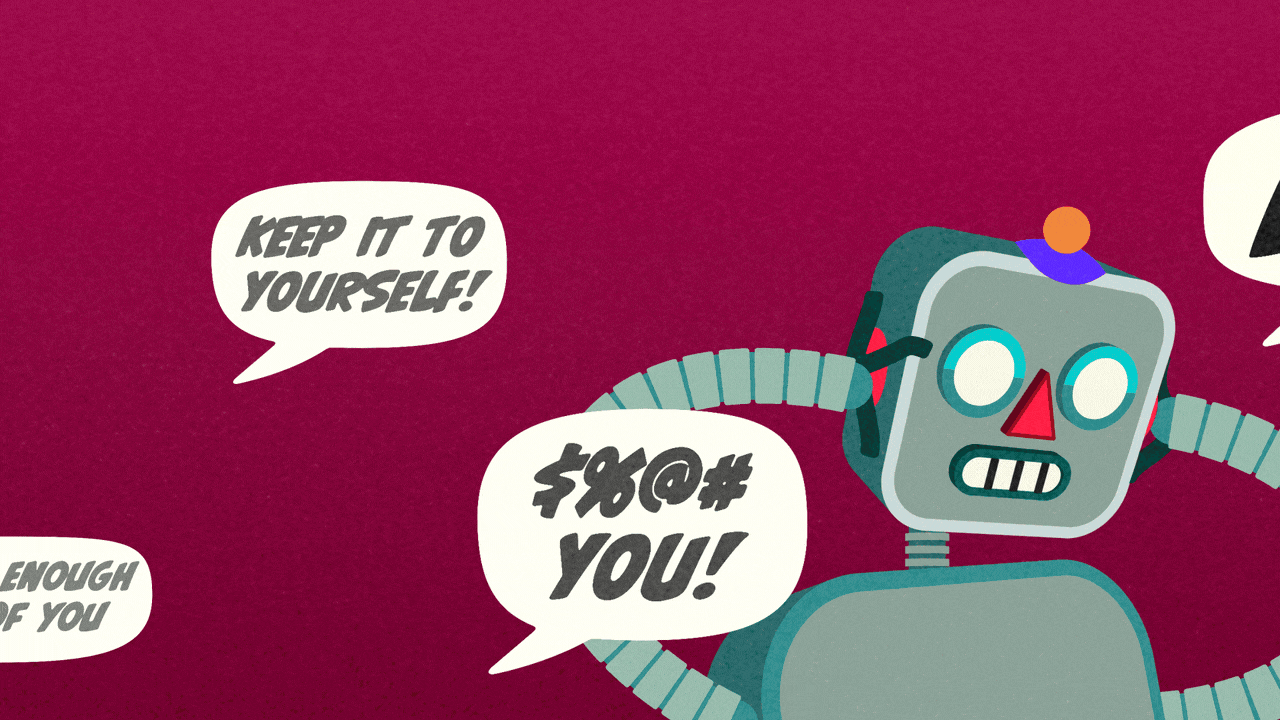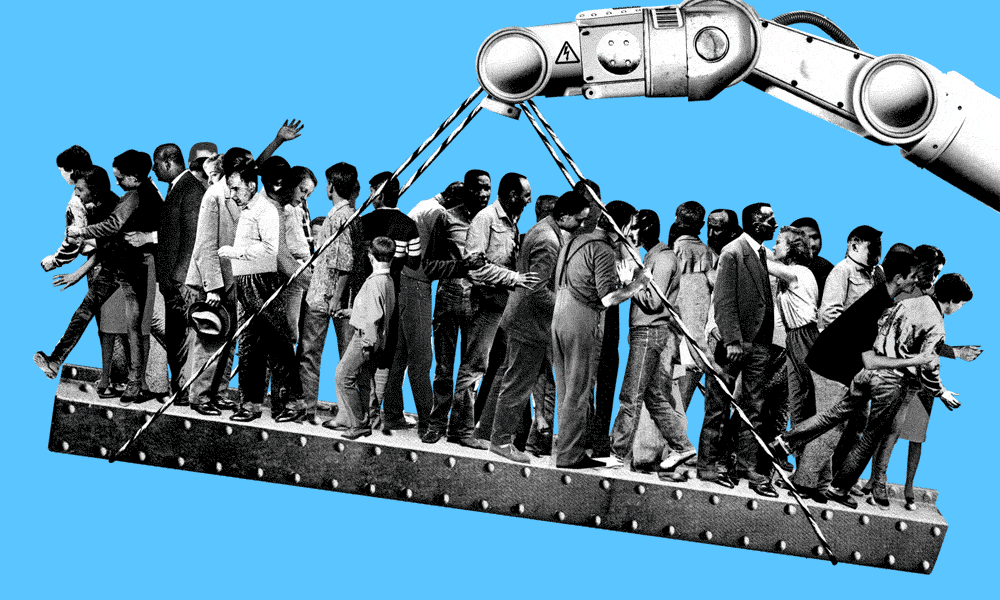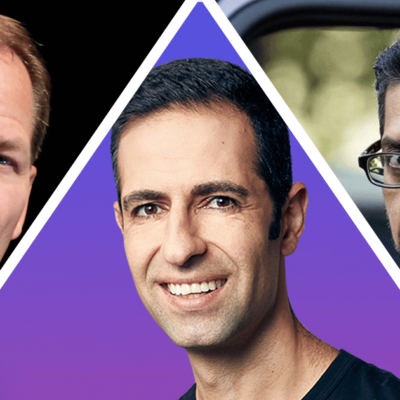
AI: Some mainstream resistance to AI continues. RTZ #881
I’ve discussed before how the AI Tech Wave is different than prior major tech waves like the PC, Internet, Mobile and others, in the early negative stance against the new tech by mainstream audiences. Often before they’d tried the new tech. Survey after survey globally tends to emphasize this.
As I suggested before, part of this likely has to do with the negative portrayal of AI in our sci-fi books and movies. But much of it also has to do with fear of AI taking jobs, and of course the leading AI tech folks emphasizing the potential downsides and even existential risks of AI as it scales to new heights.
Well, the latest surveys continue to emphasize this counter trend. And it’s worth some attention.
Axios covers this in “The AI resisters”:
“Resistance to AI is bubbling up among workers, students, coders and creatives.”
“Some are placing new value on work untouched by AI.”
“Why it matters: The pace at which AI takes off depends in part on its users — and there’s a cohort that’s just saying no.”
Some new arguments against AI are emerging, including the pride over human work:
“The big picture: Some AI resisters worry about its carbon footprint. Others take pride in human-made work and don’t trust AI’s output. Plenty just don’t want to become overly reliant on it.”
“America’s “cultural commitment to rugged individualism” could be a factor, writes Julia Freeland Fisher, director of education at the Clayton Christensen Institute and author of the Connection Error newsletter.”
And it’s showing up in younger demographics:
“Zoom in: “I think it’s important I do this myself” was the top reason college students in the class of 2026 gave for avoiding AI in brainstorming, writing, and research, according to a new report from Handshake, a career network.”
“49% of Gen Zers surveyed by Gallup and the Walton Family Foundation are worried AI will corrode their ability to think critically. 41% say generative AI tools make them anxious.”
Coders in some quarters are also finding reasons to resist AI:
“In Silicon Valley, some programmers are revolting against using AI to write code.”“Partly that’s because the AI coding tools have some obvious technical limitations — sometimes producing error-ridden code,” The Information’s Rocket Drew reports. And “partly it’s because human coders worry any sort of adoption of the tools will hasten their own obsolescence.”
And of course the creative community as well, given AI’s recent advances on video and beyond:
“Some artists, actors, writers and other creatives are expressing similar discontent. When Semafor’s Ben Smith asked author and chef Alison Roman if she uses AI for recipes, she said: “It’s the antithesis of my vibe.”
Yet, counter-intuitively, the same folks in many cases, continue to be AI curious:
“Reality check: Many of the same skeptics are also users. More than one-third of college-aged adults regularly use ChatGPT, according to OpenAI. Nearly all have at least tried it.”
“40% of U.S. workers say they’ve used AI at work a few times a year or more, Gallup found.”
So on a net basis, the new AI take still gets its tires kicked:
“What’s next: AI is already embedded in the way we learn, work and live. So fully opting out isn’t really an option.”
“Helen Toner, director of Georgetown’s Center for Security and Emerging Technology, tells Axios’ Megan Morrone there’s an opening for a company to develop “AI for the people” — “actually useful for things that they actually care about.”
Overall, the above attitudes highlights another different headwind for this AI Tech Wave vs earlier tech waves. And it’s one that needs continued monitoring and study. Stay tuned.
(NOTE: The discussions here are for information purposes only, and not meant as investment advice at any time. Thanks for joining us here)








